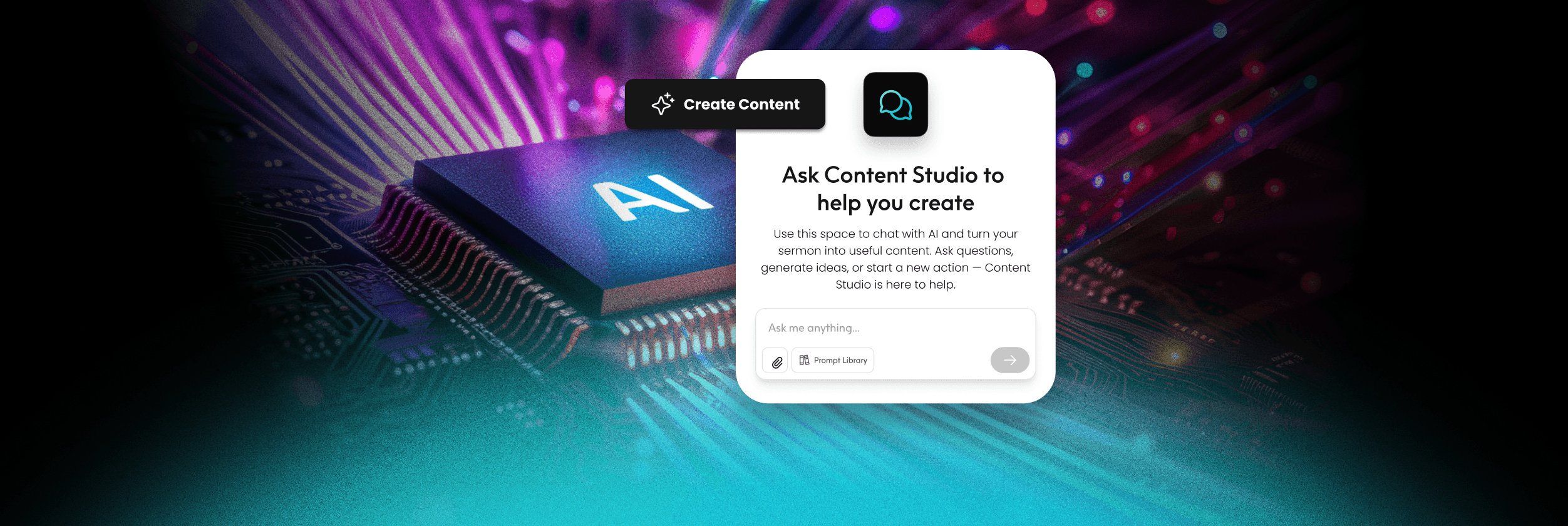The Quiet Crisis: Why AI Could Worsen the Mental Health Epidemic - Unless We Do Something Now
2 min
From Social Media to AI: Will We Repeat the Same Mistakes?
One of the more concerning findings of the Global Flourishing Study, which we touched on in an earlier blog post, is that mental health is a flourishing deficit for younger people. But they aren’t alone. A 2023 study by Harvard Medical School and the University of Queensland projected that half of the world’s population would experience a mental health disorder by the age of 75.
While there are many components to this crisis, technology can be a contributing factor. As we’ve become more dependent on our devices, they’ve distracted us from real world relationships. And while social media promised connection, community, and access, it also inflicted a host of unintended consequences: widespread anxiety, identity confusion, addictive behaviors, and an epidemic of loneliness and despair. Read more about that here. Too often, new technologies are unleashed on the world without an understanding of their impact, especially on human formation. We don’t ask the deeper questions soon enough and don’t respond quickly enough when problems become apparent. It’s as if we’re all participating in a series of massive human trials conducted by corporations and institutions whose incentives–growth, engagement and profit–don’t align with our well-being.
And now, even as we’re still coming to terms with the full consequences of social media, we’re beginning to see the widespread adoption of artificial intelligence. People are already turning to AI chatbots for companionship, friendship and even romance. And once again, we don’t really know what this could mean for individuals and societies. If we aren’t vigilant, AI will mirror the same patterns as social media —amplifying isolation, intensifying comparison, and delivering advice with no soul.
Mental and emotional health are not luxuries; they’re foundational to human flourishing. And yet within our own families and communities, people often struggle in silence until they reach a breaking point. Leaders burn out. Teenagers spiral. Families fracture.
Whether AI helps reduce or accelerate this crisis is up to us. Early data on whether it can benefit people who need mental health support does not yet present a clear picture.
But we can’t–and shouldn’t–leave it to chance or hope that this new technology is used for good. We must build and advocate for tools that protect space for healing, not erase it. There is no neutrality in formation. The technologies we build are shaping lives, whether we intend them to or not.





